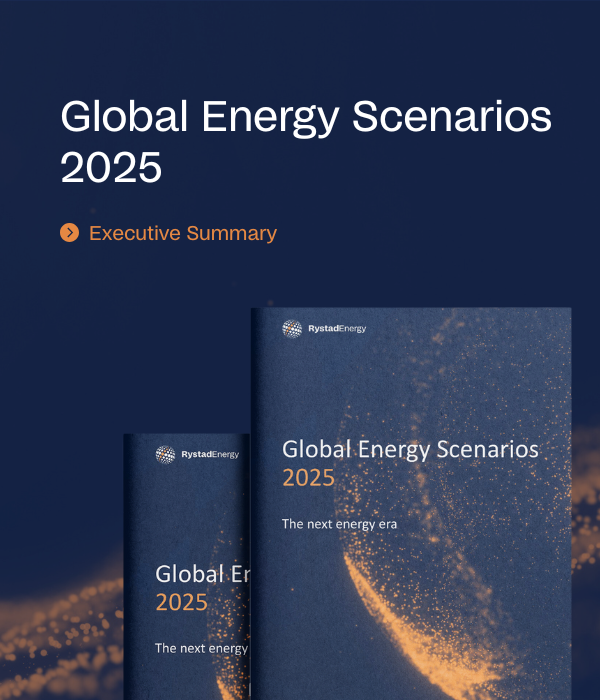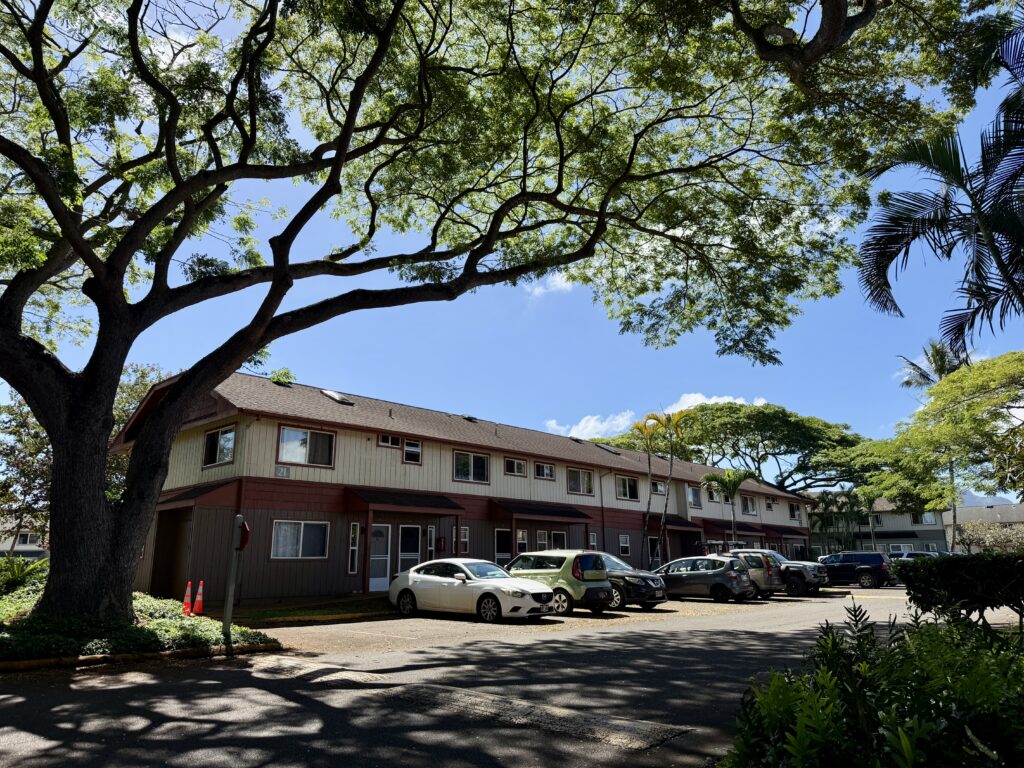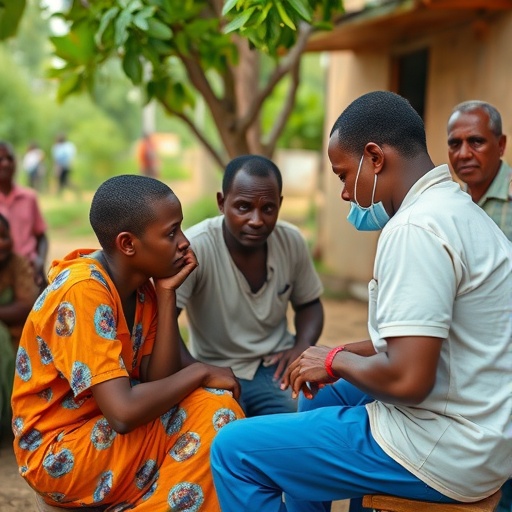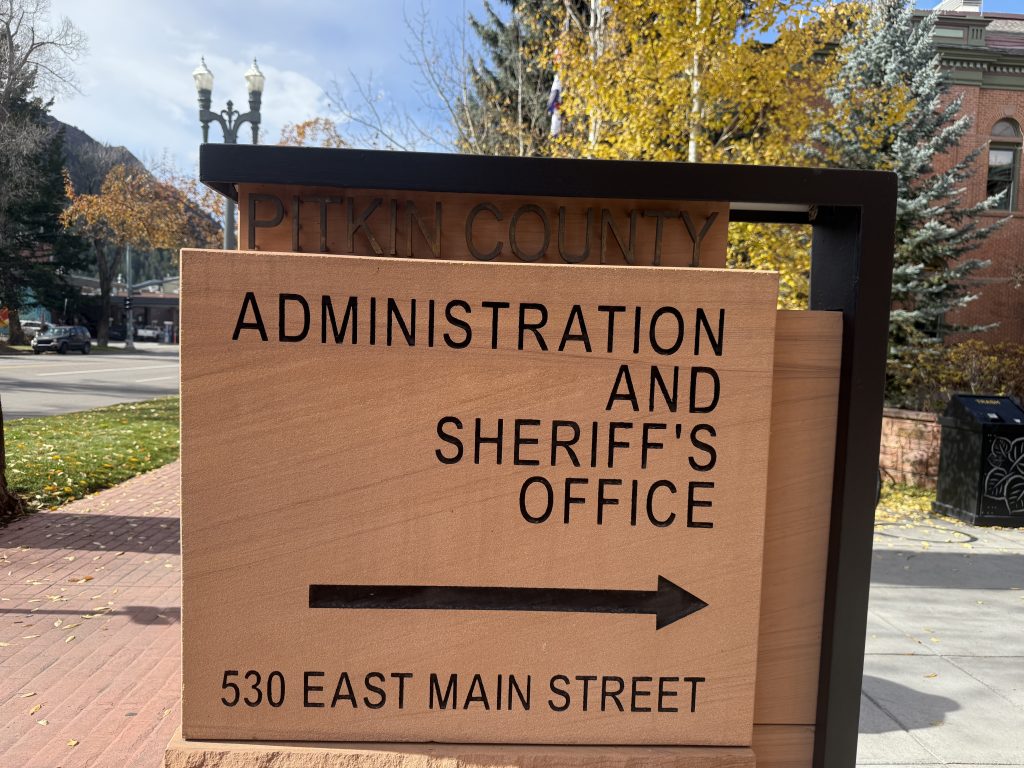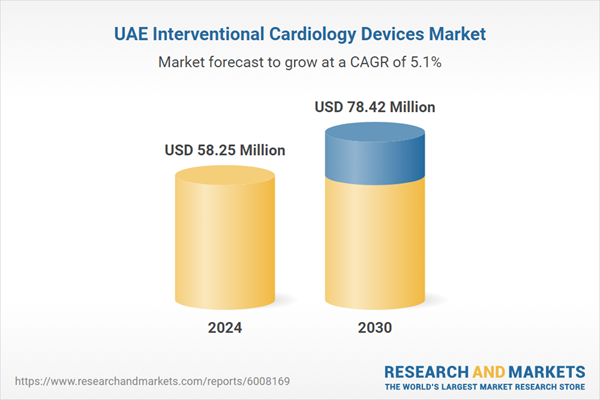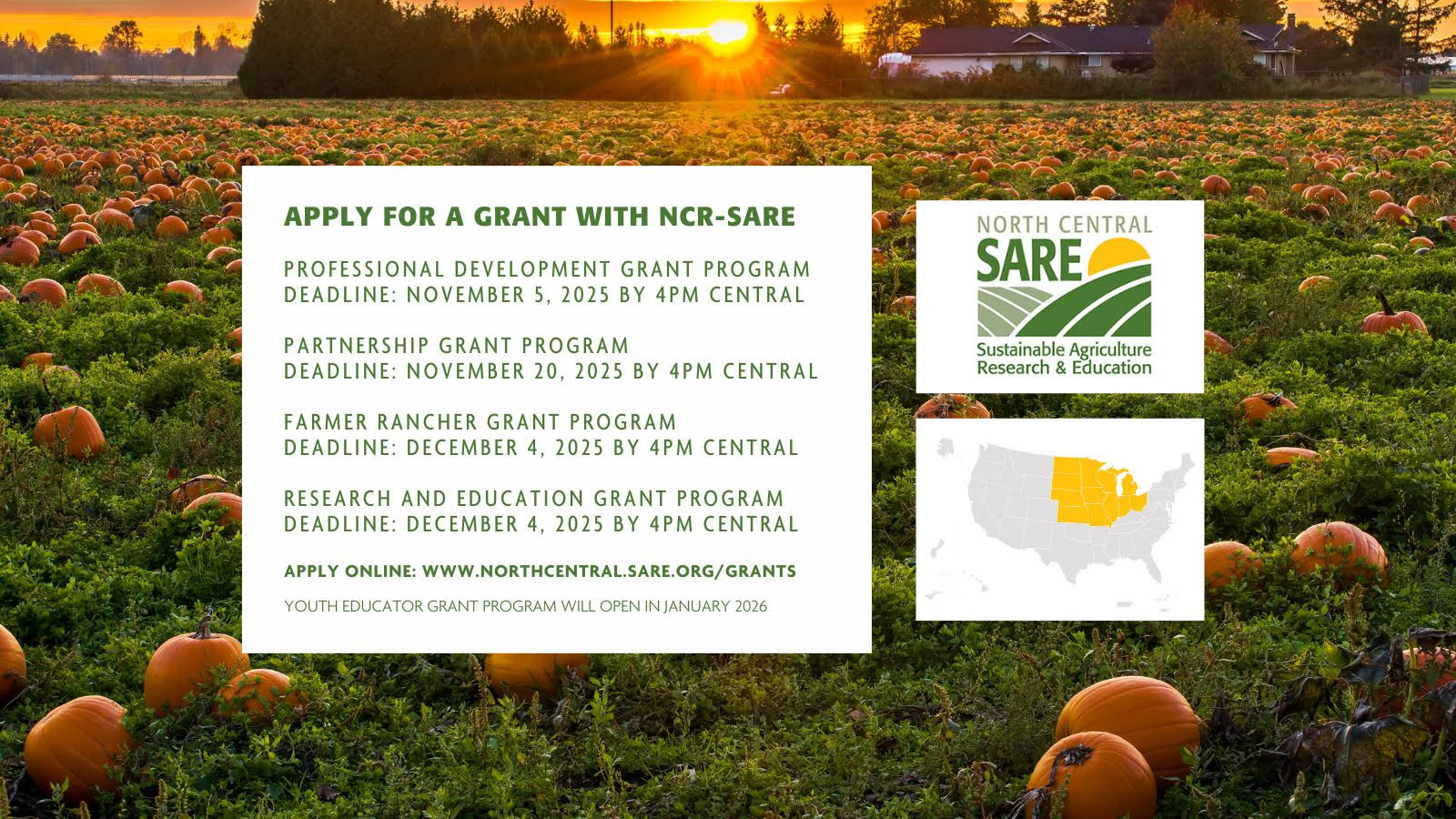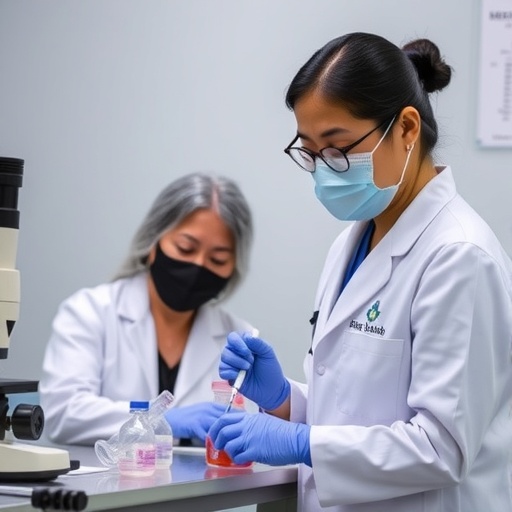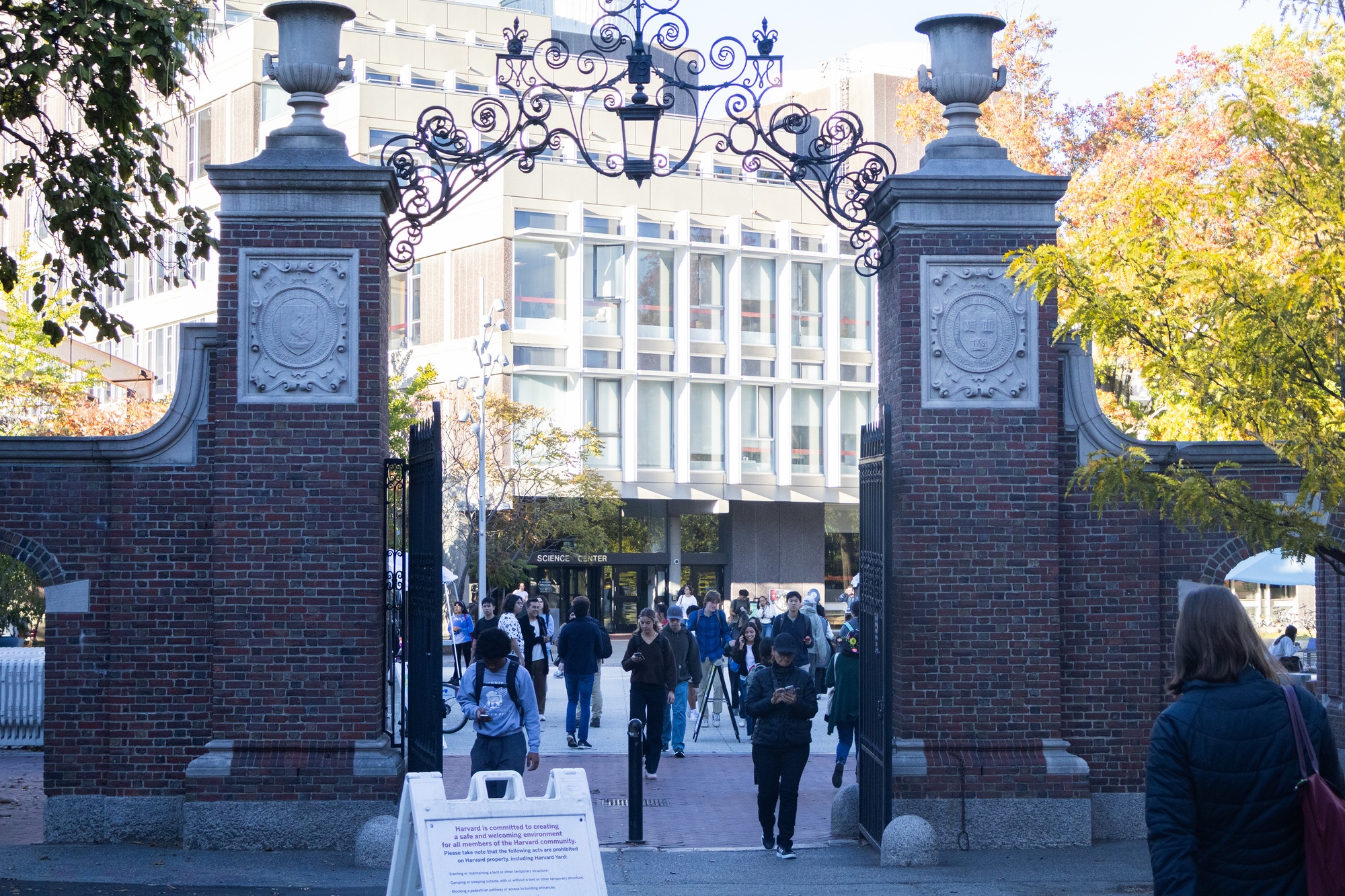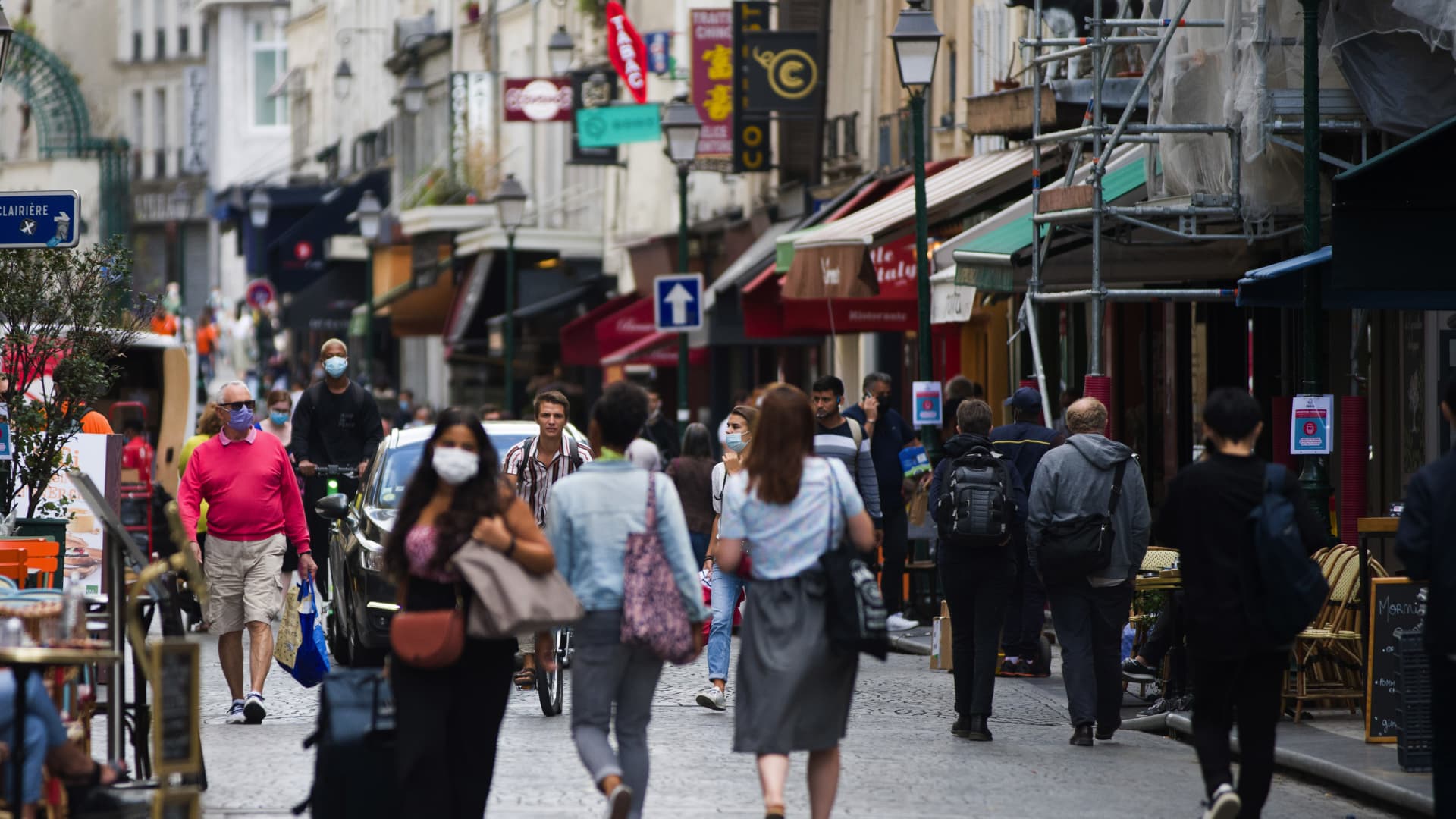Announcements: CfP Human Rights and AI Conference; RRU International Moot Court Competition; CfS Trade, Law and Development – EJIL: Talk!

Report on Academic and Professional Opportunities in International Law and Sustainable Development
1. Conference on AI, Human Rights, and Sustainable Governance
A call for papers has been issued for the international scientific conference, “Human Rights and Freedoms under Pressure from Algorithms,” scheduled for 28 November 2025. Hosted by the Faculty of Law at Pavol Jozef Šafárik University in Košice, Slovakia, this hybrid event will explore the challenges posed by artificial intelligence to fundamental human rights. The conference directly addresses the aims of several Sustainable Development Goals (SDGs):
- SDG 16 (Peace, Justice and Strong Institutions): The event’s core focus is on safeguarding democratic integrity, upholding the rule of law, and ensuring fundamental freedoms in the face of technological pressure, aligning with targets 16.3, 16.6, and 16.10.
- SDG 9 (Industry, Innovation and Infrastructure): By fostering interdisciplinary dialogue on the regulatory and policy solutions for AI, the conference promotes responsible and human-centric innovation.
- SDG 10 (Reduced Inequalities): The discussions will inherently address how algorithmic bias can be mitigated to prevent the exacerbation of societal inequalities.
Key Details:
- Theme: Safeguarding human dignity, privacy, freedom of expression, and democratic processes from challenges posed by AI technologies.
- Keynote Speaker: Prof. Dr. Vasilka Sancin, PhD, Judge at the European Court of Human Rights.
- Date: 28 November 2025.
- Location: Košice, Slovakia (Hybrid Format).
- Abstract Submission Deadline: 1 November 2025.
- Full Call for Papers: Available Here.
2. International Moot Court Competition on Global Security and Law
Rashtriya Raksha University in India has announced the 2nd RRU International Moot Court Competition, focusing on International Law and Global Security. This initiative contributes to building capacity for global cooperation and legal expertise, which is essential for achieving key SDGs.
- SDG 16 (Peace, Justice and Strong Institutions): The competition’s theme directly engages with mechanisms for maintaining global security and strengthening the rule of law at the international level. Sub-themes concerning the trade of dual-use items and legal remedies for sanctioned entities are critical to preventing conflict and ensuring justice.
- SDG 17 (Partnerships for the Goals): By encouraging participation from all UN regions and offering financial assistance, the competition fosters global partnerships and builds a network of future leaders committed to international law and cooperation.
Key Details:
- Host: School of Criminal Law and Military Law, Rashtriya Raksha University, India.
- Dates: 14 – 16 November 2025.
- Location: Gandhinagar, India.
- Financial Assistance: Up to USD 1,000 is available for the top eight international teams.
- Relevant Documents: Available Here.
- Registration: Available Here.
3. Call for Submissions on International Economic Law and Development
The journal Trade, Law and Development (TL&D) invites submissions for a special issue titled “Into the Future of Global Trade: Tackling Fragmentation, Protectionism, Tariffs, and Beyond.” The call seeks scholarly work on reforming the global economic system to be more equitable and sustainable, reflecting the ambitions of the 2030 Agenda.
- SDG 17 (Partnerships for the Goals): The theme directly addresses Target 17.10, which calls for a universal, rules-based, open, non-discriminatory, and equitable multilateral trading system.
- SDG 8 (Decent Work and Economic Growth): Analysis of protectionism, tariffs, and trade fragmentation is crucial for understanding and promoting sustainable economic growth and global prosperity.
- SDG 10 (Reduced Inequalities): The journal encourages research that can inform policies to make global trade a more effective tool for reducing inequality between and within nations.
Key Details:
- Journal: Trade, Law and Development (TL&D), Vol. XVII, No. 1.
- Submission Types: Articles, Notes, Comments, and Book Reviews.
- Submission Deadline: 1 September 2025.
- Submission Guidelines: Available Here.
- Submission Portal: Manuscripts may be submitted via the Journal’s website here or via email.
- Contact for Queries: editors[at]tradelawdevelopment[dot]com.
1. Which SDGs are addressed or connected to the issues highlighted in the article?
SDG 16: Peace, Justice and Strong Institutions
- This goal is central to all three sections of the article. The conference on AI and human rights directly addresses the need to safeguard freedoms and democratic integrity, which are key components of strong institutions. The moot court competition on “International Law and Global Security” and the law journal on “international economic law” both focus on strengthening the rule of law at the international level.
SDG 17: Partnerships for the Goals
- All three initiatives described in the article are forms of partnership. The conference fosters “interdisciplinary dialogue among legal scholars, technologists, and policymakers.” The moot court encourages global participation from “all UN regions” and offers financial aid, promoting international cooperation. The law journal serves as a platform for sharing knowledge on global trade, contributing to a global partnership for sustainable development.
SDG 4: Quality Education
- The RRU International Moot Court Competition is an educational event that provides law students with specialized knowledge and skills in international law and global security, contributing to quality legal education.
SDG 9: Industry, Innovation and Infrastructure
- The conference on “Human Rights and Freedoms under Pressure from Algorithms” connects directly to this goal. It addresses the societal impact of the “rapid development and deployment of AI technologies” and calls for “regulatory and policy solutions” to ensure that technological innovation is sustainable and respects human rights.
SDG 8: Decent Work and Economic Growth & SDG 10: Reduced Inequalities
- The call for submissions for the “Trade, Law and Development” journal on topics like “fragmentation, protectionism, tariffs” relates to these goals. Fair and open global trade is a driver of economic growth (SDG 8), and addressing protectionist policies is crucial for reducing economic inequalities between nations (SDG 10).
2. What specific targets under those SDGs can be identified based on the article’s content?
Targets under SDG 16: Peace, Justice and Strong Institutions
- Target 16.3: Promote the rule of law at the national and international levels and ensure equal access to justice for all.
- The article highlights three initiatives focused on strengthening legal frameworks: the AI conference analyzes “international, European, or national legal frameworks”; the moot court is themed on “International Law”; and the journal focuses on “international economic law.”
- Target 16.10: Ensure public access to information and protect fundamental freedoms, in accordance with national legislation and international agreements.
- The conference on AI explicitly aims to explore challenges to and safeguard “human rights and fundamental freedoms,” including “privacy, freedom of expression and assembly.”
Targets under SDG 17: Partnerships for the Goals
- Target 17.10: Promote a universal, rules-based, open, non-discriminatory and equitable multilateral trading system.
- The law journal’s special issue on “Tackling Fragmentation, Protectionism, Tariffs, and Beyond” directly engages with the principles of maintaining a healthy multilateral trading system.
- Target 17.9: Enhance international support for implementing effective and targeted capacity-building in developing countries.
- The moot court competition’s provision of “financial assistance of up to USD 1,000 each to the top eight international teams” to support participation from all UN regions is a direct example of capacity-building support.
- Target 17.16: Enhance the Global Partnership for Sustainable Development, complemented by multi-stakeholder partnerships that mobilize and share knowledge.
- All three announcements describe multi-stakeholder partnerships (universities, legal experts, policymakers, students) that mobilize and share knowledge through conferences, competitions, and publications.
Targets under SDG 4: Quality Education
- Target 4.7: Ensure that all learners acquire the knowledge and skills needed to promote sustainable development, including… human rights… and promotion of a culture of peace and non-violence, [and] global citizenship.
- The moot court competition on “International Law and Global Security” provides students with knowledge and skills directly related to human rights, peace, and global citizenship.
3. Are there any indicators mentioned or implied in the article that can be used to measure progress towards the identified targets?
Indicators for SDG 16 Targets
- Implied Indicator for Target 16.10 (Protect fundamental freedoms): The existence and development of legal and policy frameworks to address emerging challenges to human rights.
- The article points to this through the AI conference’s aim to “propose regulatory and policy solutions” for safeguarding freedoms against threats from AI technologies. The conference itself is an activity that contributes to this indicator.
- Implied Indicator for Target 16.3 (Promote rule of law): The number and scope of academic and professional initiatives aimed at strengthening international and national law.
- The article provides three examples: an international conference, a moot court competition, and a special issue of a law journal, all focused on aspects of international and national law.
Indicators for SDG 17 Targets
- Implied Indicator for Target 17.10 (Promote multilateral trading system): The level of policy and academic discourse focused on strengthening the global trading system.
- The call for submissions for the “Trade, Law and Development” journal on this specific topic is a direct measure of this discourse.
- Implied Indicator for Targets 17.9 and 17.16 (Partnerships and capacity building): The establishment of international, multi-stakeholder partnerships and the provision of financial support to enhance participation from diverse regions.
- The article mentions the moot court’s encouragement of participants from “all UN regions” and the “financial assistance of up to USD 1,000” as a concrete example. The conference’s goal of fostering “interdisciplinary dialogue” is another.
Indicator for SDG 4 Target
- Implied Indicator for Target 4.7 (Education for sustainable development): The integration of topics like human rights, peace, and global citizenship into higher education curricula and activities.
- The RRU International Moot Court Competition, with its theme of “International Law and Global Security,” serves as a practical example of this integration within legal education.
4. Table of SDGs, Targets, and Indicators
| SDGs | Targets | Indicators Identified in Article (Implied or Mentioned) |
|---|---|---|
| SDG 16: Peace, Justice and Strong Institutions | 16.3: Promote the rule of law at the national and international levels.
16.10: Protect fundamental freedoms. |
The number of initiatives (conference, moot court, journal) focused on strengthening legal frameworks.
The development of policy and regulatory proposals to safeguard freedoms from AI misuse. |
| SDG 17: Partnerships for the Goals | 17.10: Promote a universal, rules-based, open, non-discriminatory and equitable multilateral trading system.
17.9 & 17.16: Enhance international support, capacity-building, and multi-stakeholder partnerships. |
Academic and policy discourse (via the law journal) on tackling protectionism and tariffs.
Provision of financial assistance for international participation (moot court); fostering interdisciplinary dialogue (AI conference). |
| SDG 4: Quality Education | 4.7: Ensure learners acquire knowledge and skills for sustainable development, including human rights and global citizenship. | Integration of international law, global security, and human rights into legal education activities (moot court competition). |
| SDG 9: Industry, Innovation and Infrastructure | 9.b: Support domestic technology development, research and innovation… by ensuring a conducive policy environment. | The call to develop “regulatory and policy solutions” for AI to create a rights-respecting policy environment. |
Source: ejiltalk.org
What is Your Reaction?
 Like
0
Like
0
 Dislike
0
Dislike
0
 Love
0
Love
0
 Funny
0
Funny
0
 Angry
0
Angry
0
 Sad
0
Sad
0
 Wow
0
Wow
0
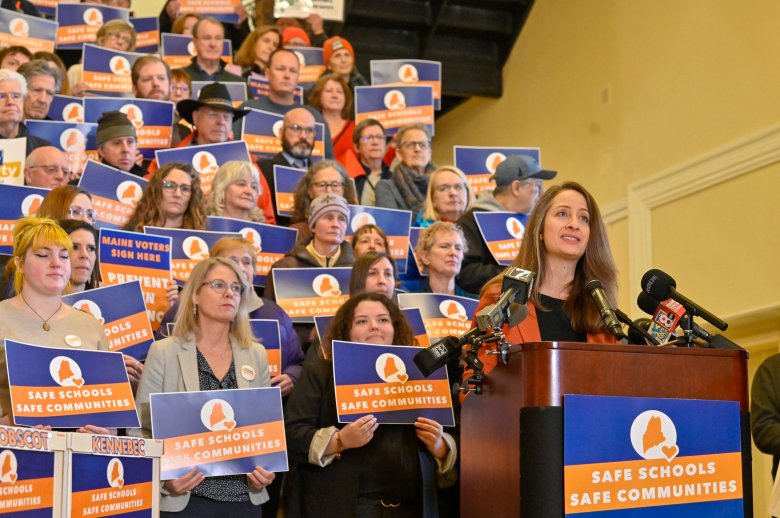
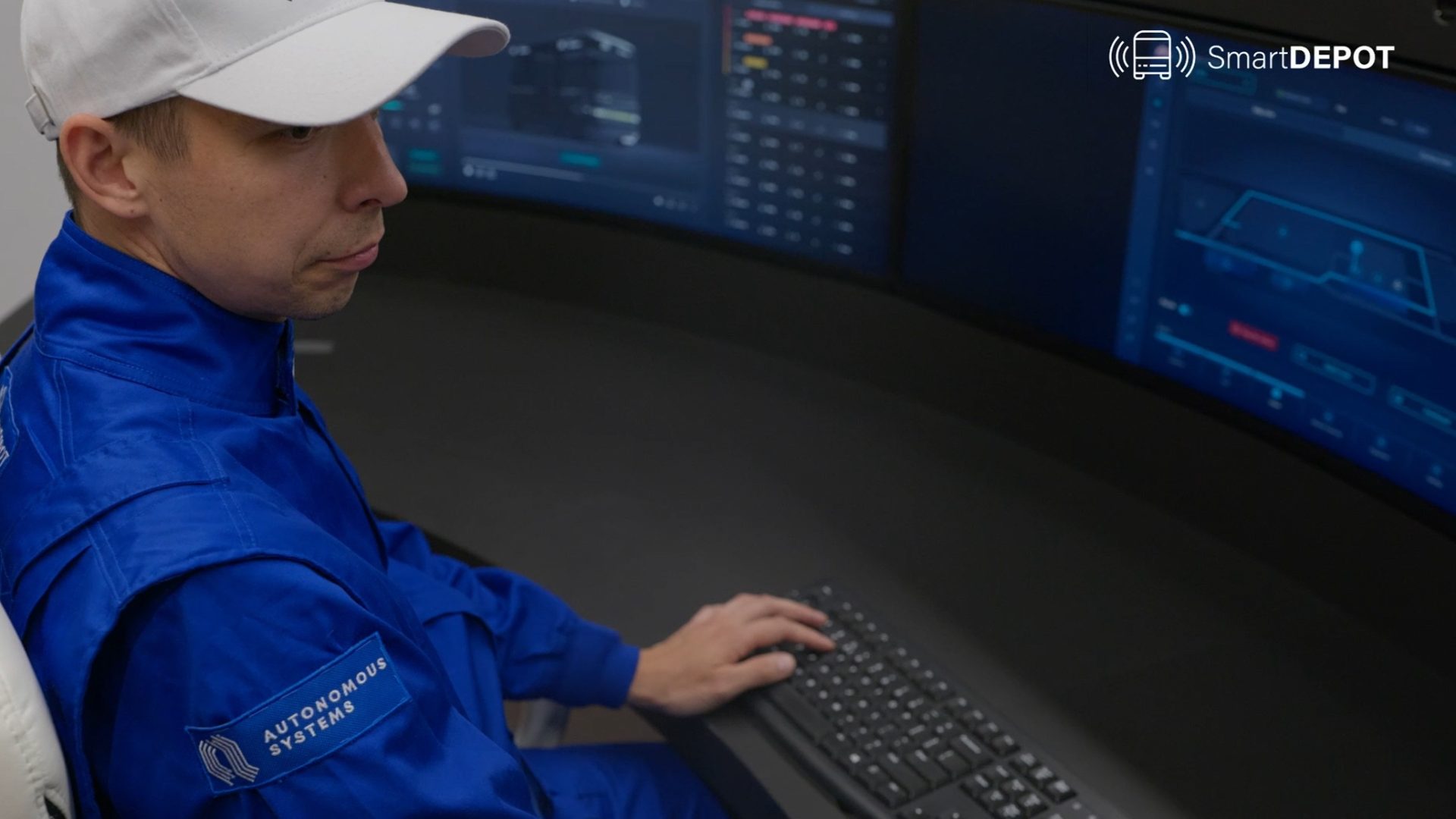

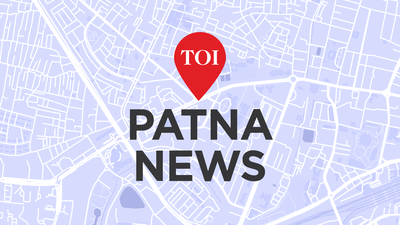




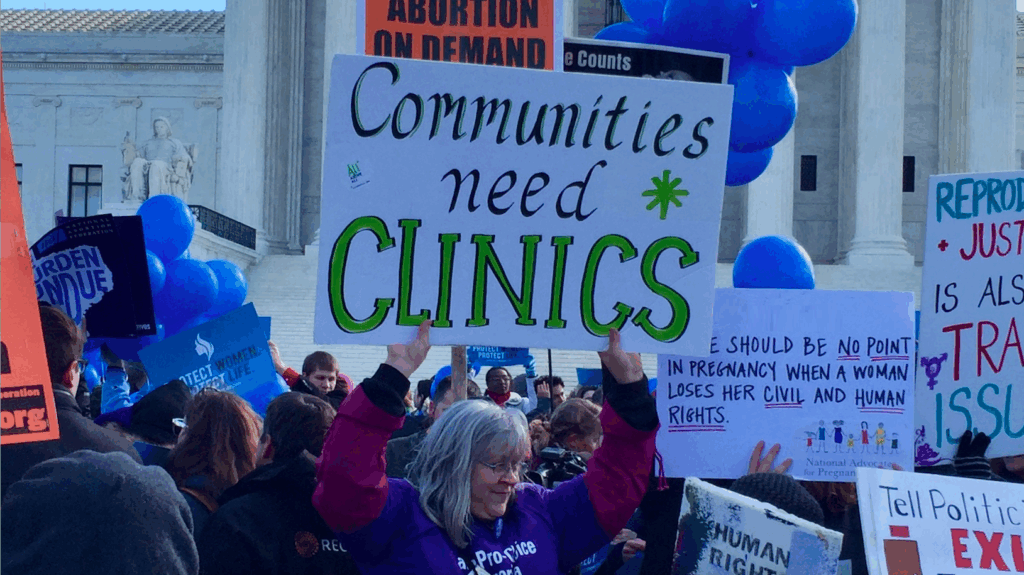

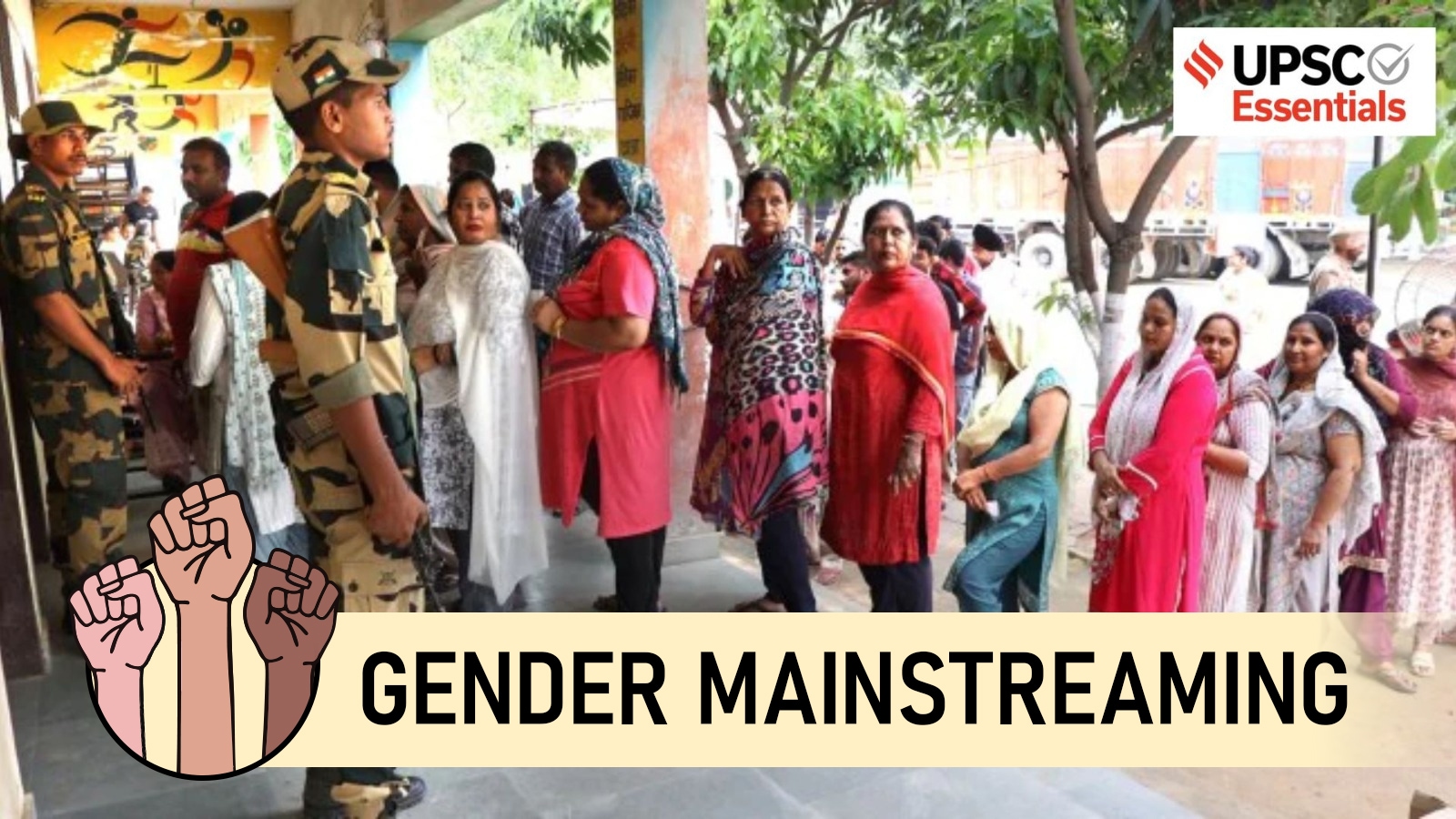
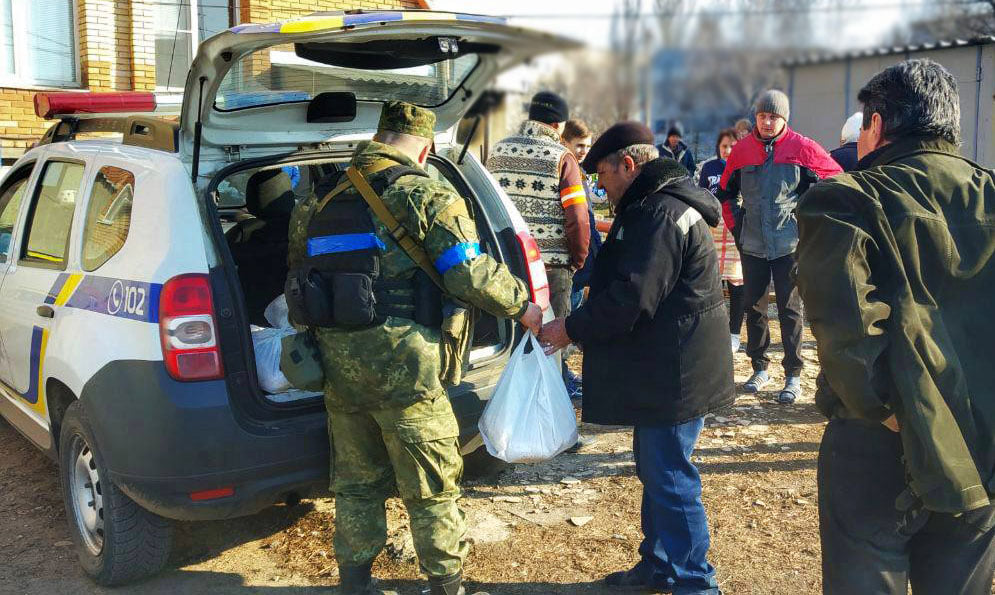
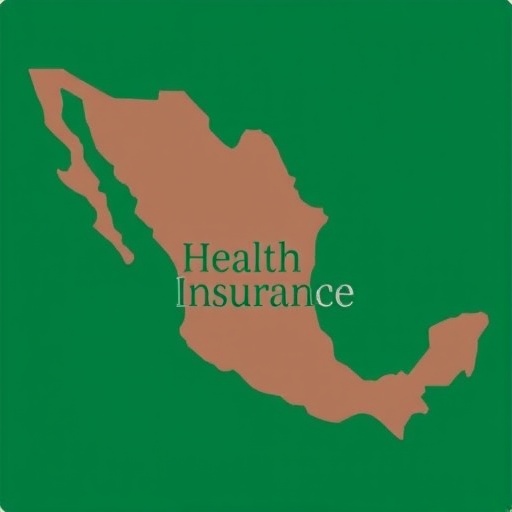


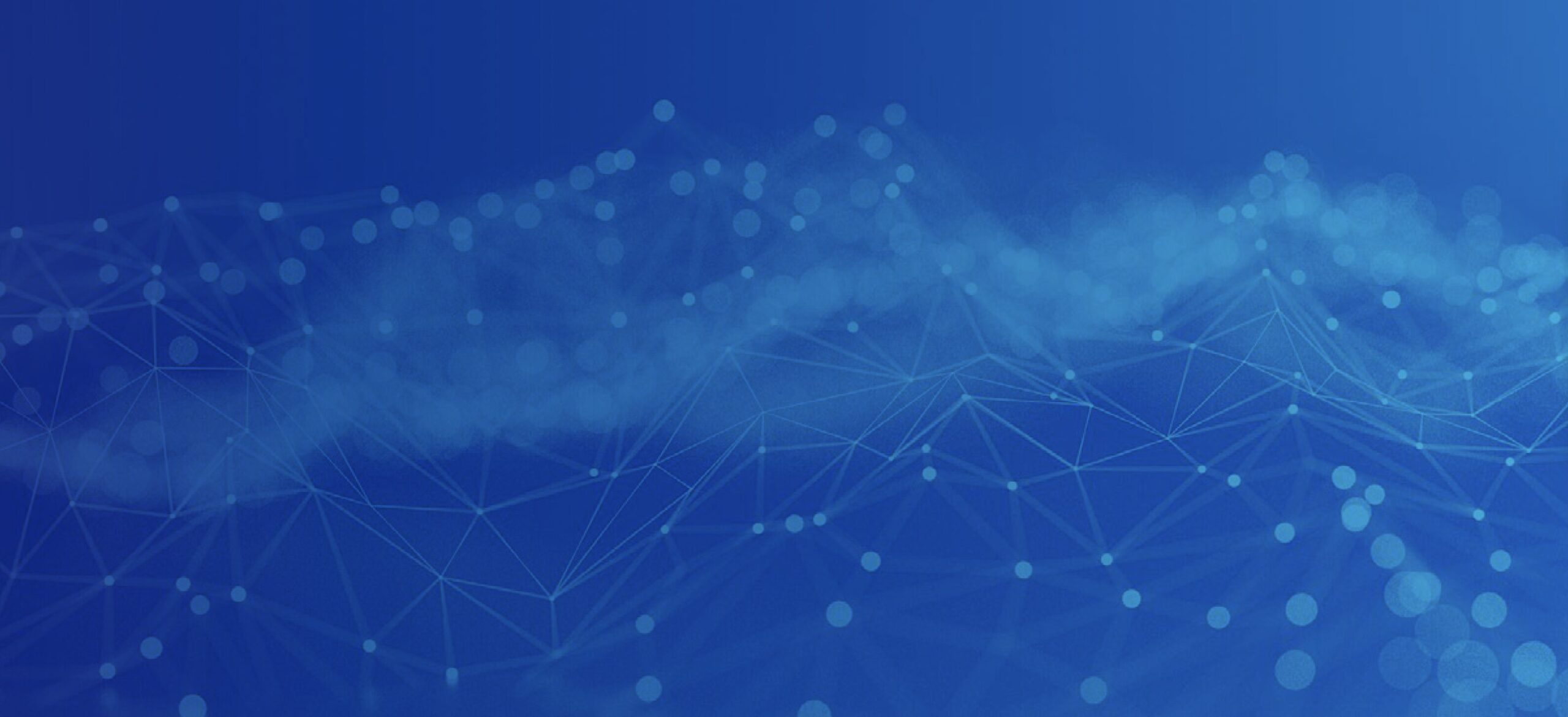
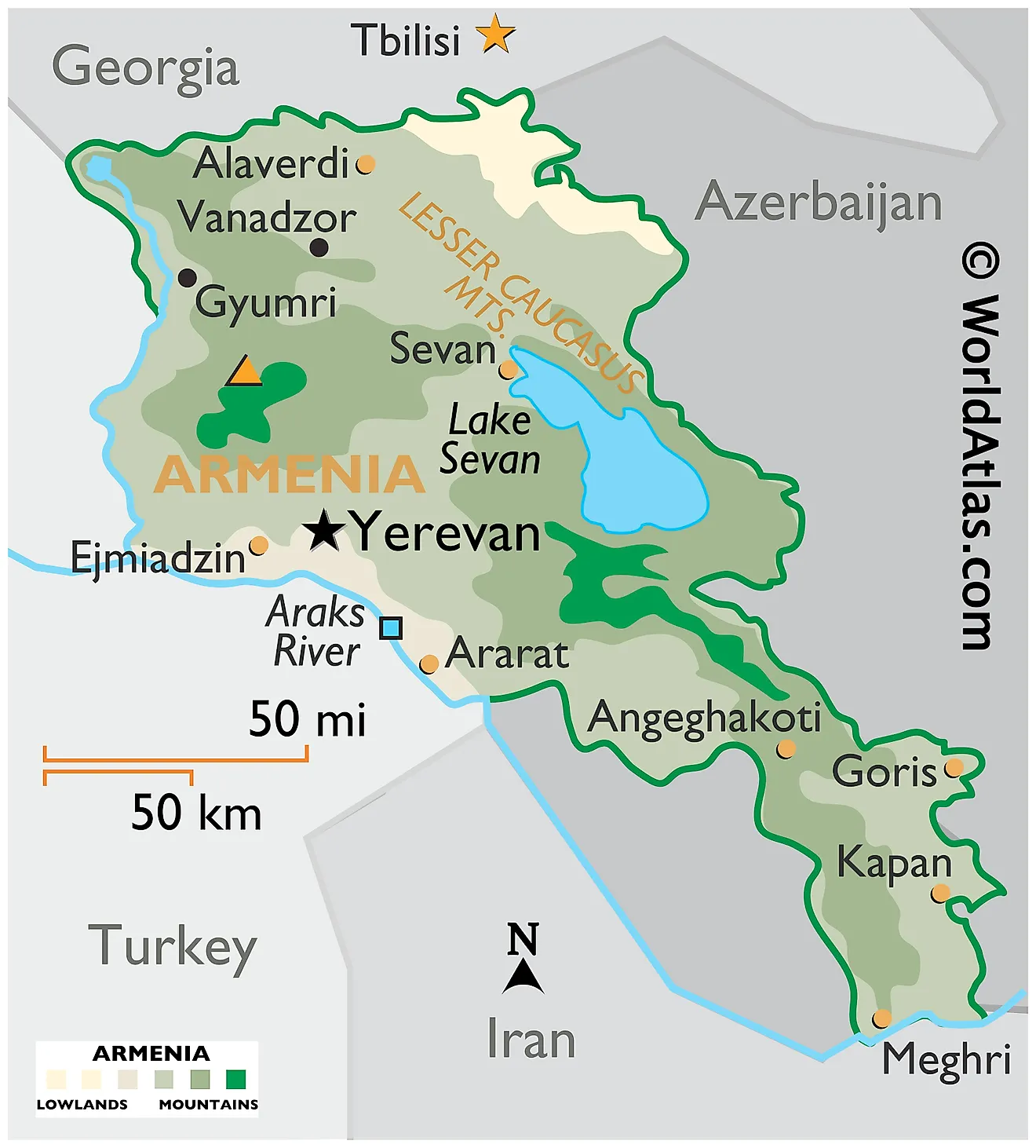

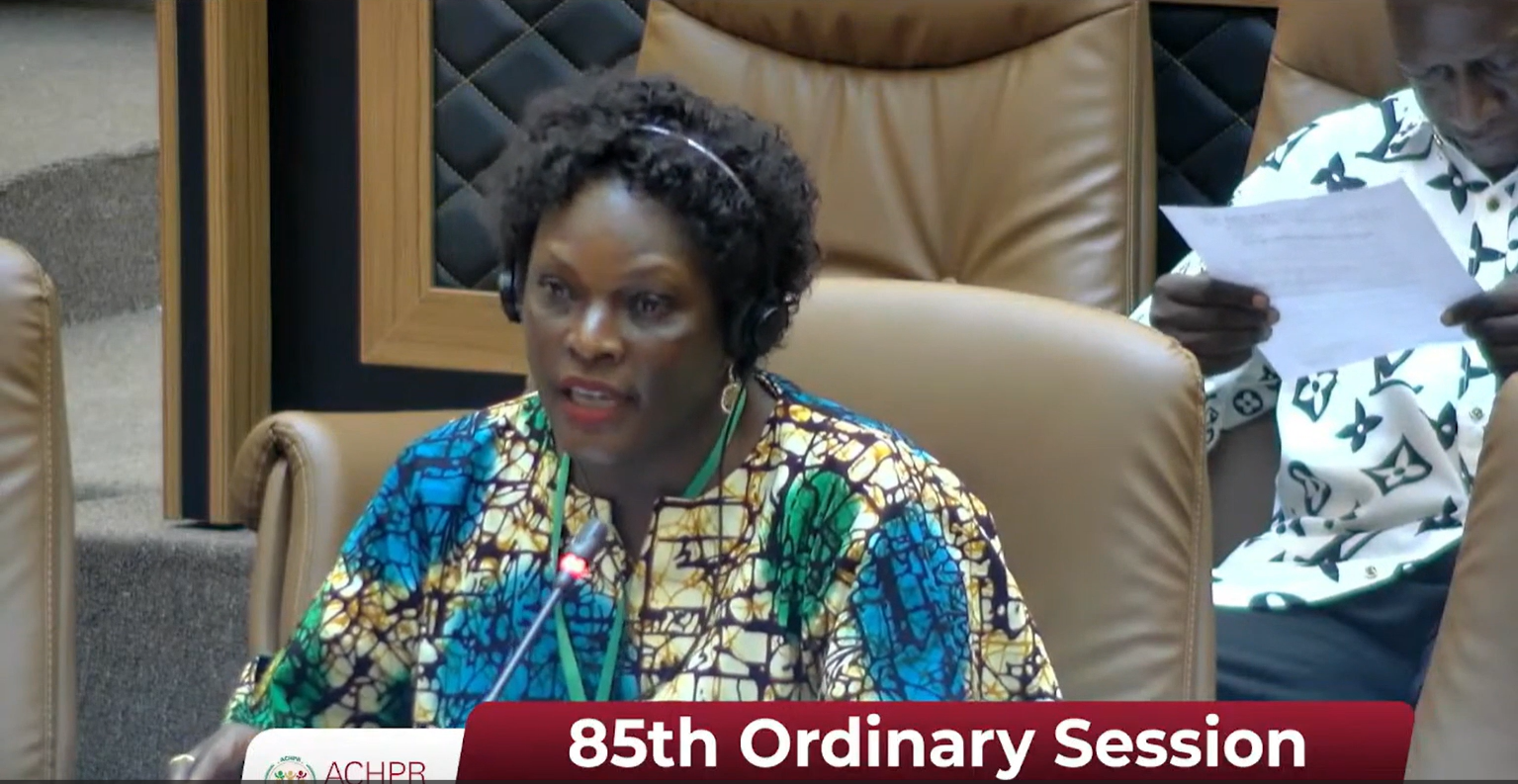




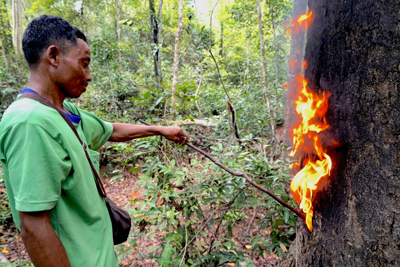
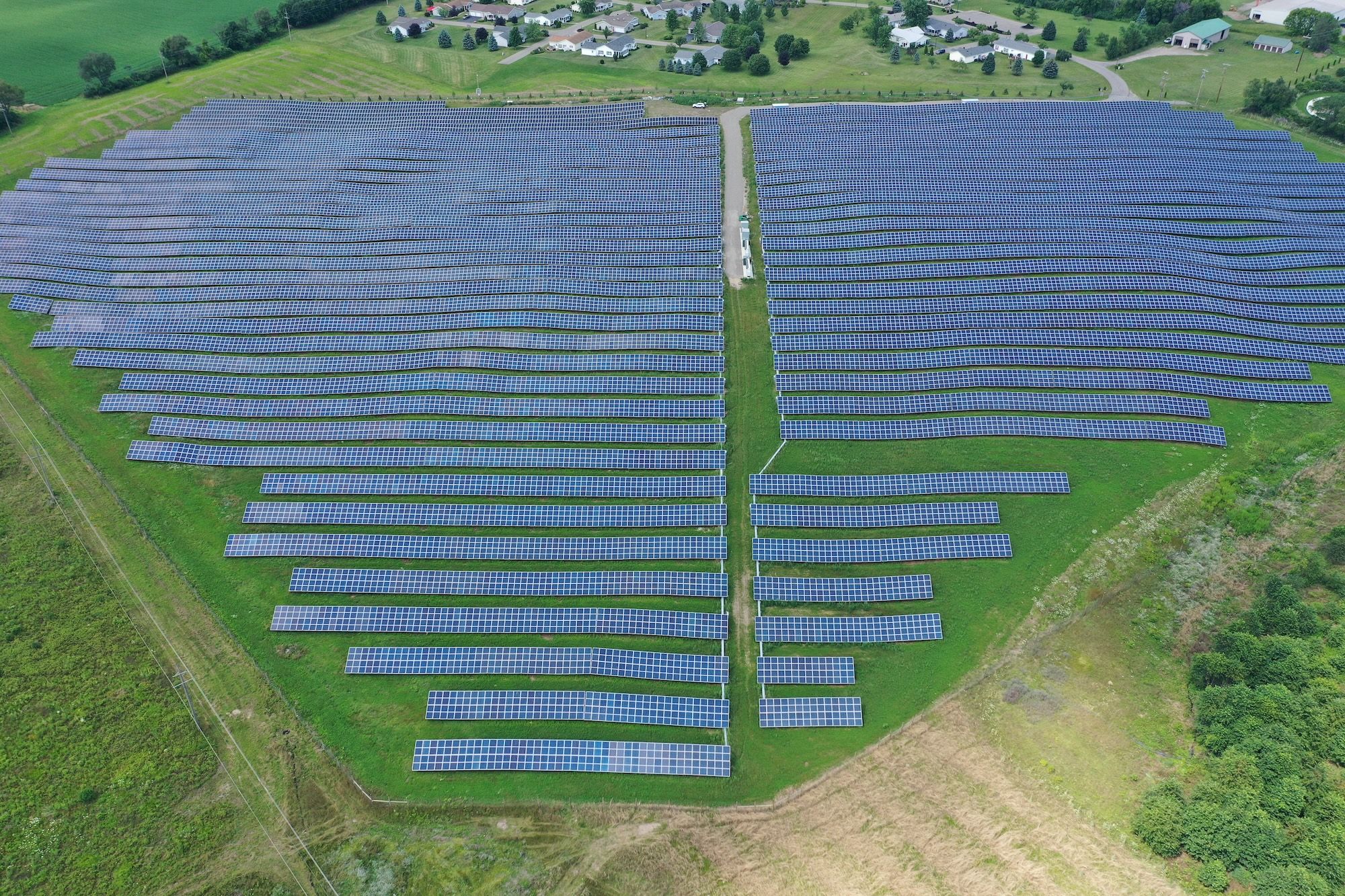







_1.png?#)





